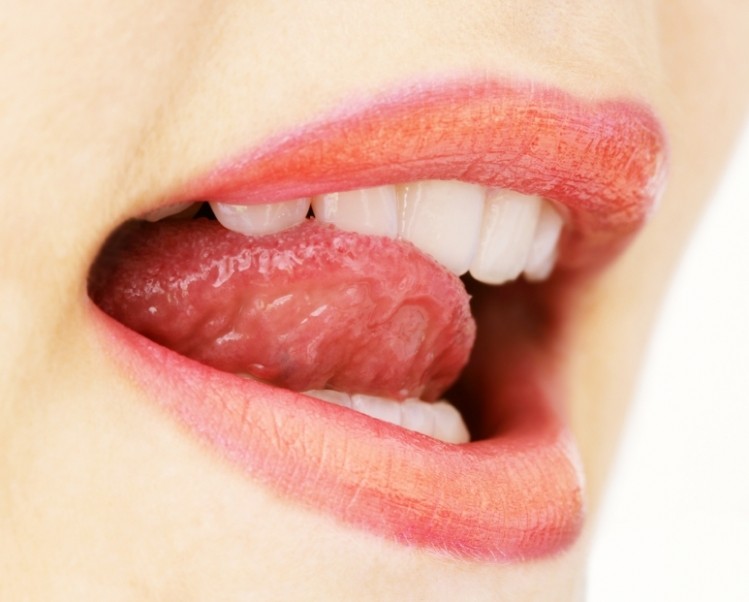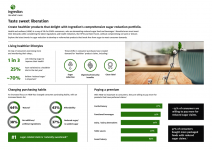Sweetness does not influence food choice or intake, study suggests

The study – published in Journal of Food Science – investigated how differences in the perceived sweetness intensity of a food affect choice behaviours and dietary intake. The authors, led by led by Dr Sara Cicerale of Deakin University, Australia, said their study is the first of its kind to investigate the correlation between sweetness intensity and specific food behaviours like preference for sweet tasting foods and nutrient intake.
Cicerale and her colleagues found that although taste is an important consideration when choosing foods, the perceived sweetness intensity alone does not have a significant influence on food behaviour or caloric dietary intake.
“Taste perceptions from foods and beverages are considered to be one of the main drivers of food selection and appear to play a pivotal role in determining one's food preference and habitual diet,” said Cicerale and her team.
“Overall, perceived sweetness intensity does not appear to play a role in food behaviours relating to sugar consumption and dietary intake in adults,” they confirmed.
It is believed that a greater understanding of how taste influences food choices and caloric intake of foods can assist industry to formulate products in the face of pressure from govenments and consumer groups due to the growing obesity epidemic.
Taste preference?
Until now most research investigating the links between taste and food selection and acceptance have been carried out using the bitter compound, 6-n-propylthiouracil (PROP), explained the research team. They said that such research has generally suggested that people sensitive to PROP tend to dislike specific bitter-tasting vegetables and consume a smaller quantity of vegetables in general.
However, very little research has been conducted on the other 4 taste qualities (and on the potentially new taste, fat) in terms of taste sensitivity, dietary intake, and preference, they said. However the team added that an elevated preference for sweet taste has previously been associated with a greater intake of added sugars, sweet foods, and carbohydrate-rich foods.
“Therefore, an individual's sensitivity to sweet taste may be linked to the number of sweet receptors present in both the oral cavity and gut, and may affect the type and quantity of food consumed,” suggested Cicerale and her co-workers.
The new study therefore investigated the relationship between perceived sweetness intensity and food behaviours relating to sugar consumption, and dietary intake – an area where Cicerale noted that little research has been done thus far.
Research details
In the new study, Cicerale and her team assessed whether a persons’ perception of sweetness affected total dietary intake (caloric intake) using data from 130 participants. Each volunteer unit completed a food and diet questionnaire, two 24-hr food records, a food variety survey, and a perceived sweetness intensity measurement.
“The perceived sweetness intensity measurement test consisted of the subjects being given a sucrose solution to taste and then rating how sweet they felt the solution was,” explained the researchers.
“Out of the 130 students that participated, no correlation was observed between perceived sweetness and total caloric intake,” they revealed.
“Perceived sweetness intensity measured via a sucrose solution did not play a role in specific food behaviours, sweet food consumption, or more generally the dietary intake of young adults,” said Cicerale.
However they noted that the importance of taste when choosing food to consume was considered to be ‘extremely’ or ‘very’ important for most participants.
Source: Journal of Food Science
Published online ahead of print, doi: 10.1111/j.1750-3841.2011.02473.x
“The Association between Perceived Sweetness Intensity and Dietary Intake in Young Adults”
Authors: S. Cicerale, L.J. Riddell, R.S.J. Keast






















